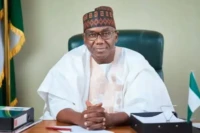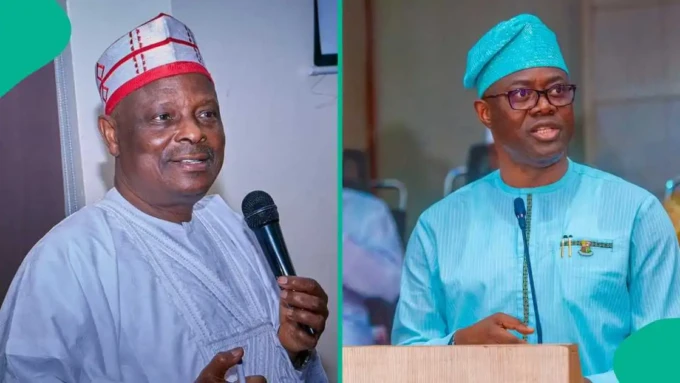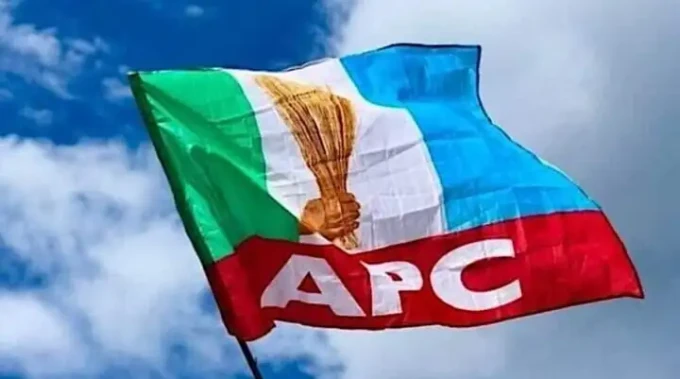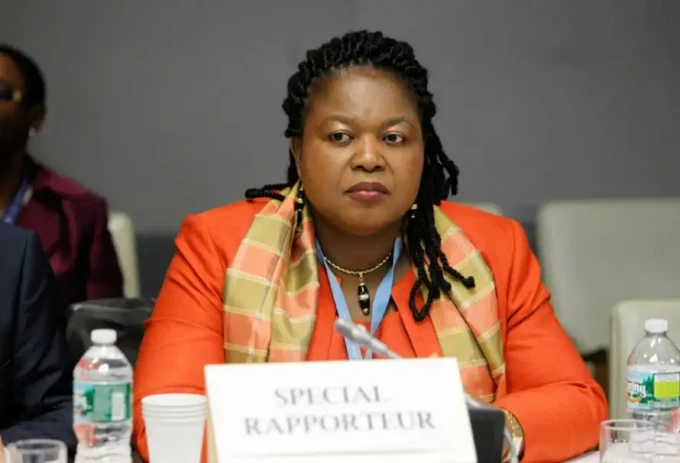President Bola Tinubu’s administration has reported significant economic progress amid ongoing challenges of inflation and insecurity in Nigeria. On the second anniversary of his presidency, Tinubu highlighted key reforms that have contributed to stabilizing the nation’s economy. These include the removal of fuel and electricity subsidies, the devaluation of the naira, and the restoration of monetary policy integrity. These measures have led to a reduction in the fiscal deficit from 5.4% of GDP in 2023 to 3.0% in 2024 and improved government revenue.
Despite these advancements, Nigeria continues to grapple with high inflation, which has exceeded 23%, primarily driven by rising food prices. The World Bank has acknowledged the fiscal improvements but cautioned that high inflation remains a significant challenge. To address this, the administration is focusing on agricultural and market reforms aimed at stabilizing food prices.
In the oil sector, the government has implemented the Upstream Petroleum Operations Cost Efficiency Incentives Order 2025, offering tax credits up to 20% of annual obligations to operators who achieve recognized cost savings. This initiative is part of a broader strategy to enhance the competitiveness and efficiency of Nigeria’s oil and gas industry.
On the security front, Tinubu reported improvements, citing reduced banditry and restored agricultural activity. However, challenges persist, with ongoing violence and kidnappings. Amnesty International has reported over 10,000 deaths since Tinubu took office, underscoring the need for continued efforts to address insecurity.
In response to the economic impact of recent reforms, including the elimination of fuel subsidies and the devaluation of the naira, President Tinubu has formally requested parliamentary approval for external borrowing totaling $21.5 billion. This borrowing plan is part of the administration’s broader economic strategy to stimulate growth and address the challenges posed by inflation and insecurity.
Despite the ongoing challenges, President Tinubu’s administration remains committed to implementing reforms aimed at stabilizing the economy and improving security, with the goal of achieving tangible benefits for the Nigerian populace.












I dont buy it! How can there be economic gains with all this inflation and insecurity going on? Something doesnt add up here.
I dont buy it, Tinubu needs to address the real issues, not just paint a rosy picture. Inflation and insecurity are not to be overlooked.
I appreciate Tinubus optimism, but lets not overlook the struggles many Nigerians are facing due to inflation and insecurity.
I dont buy it! How can there be economic gains with ongoing inflation and insecurity? Something doesnt add up here.